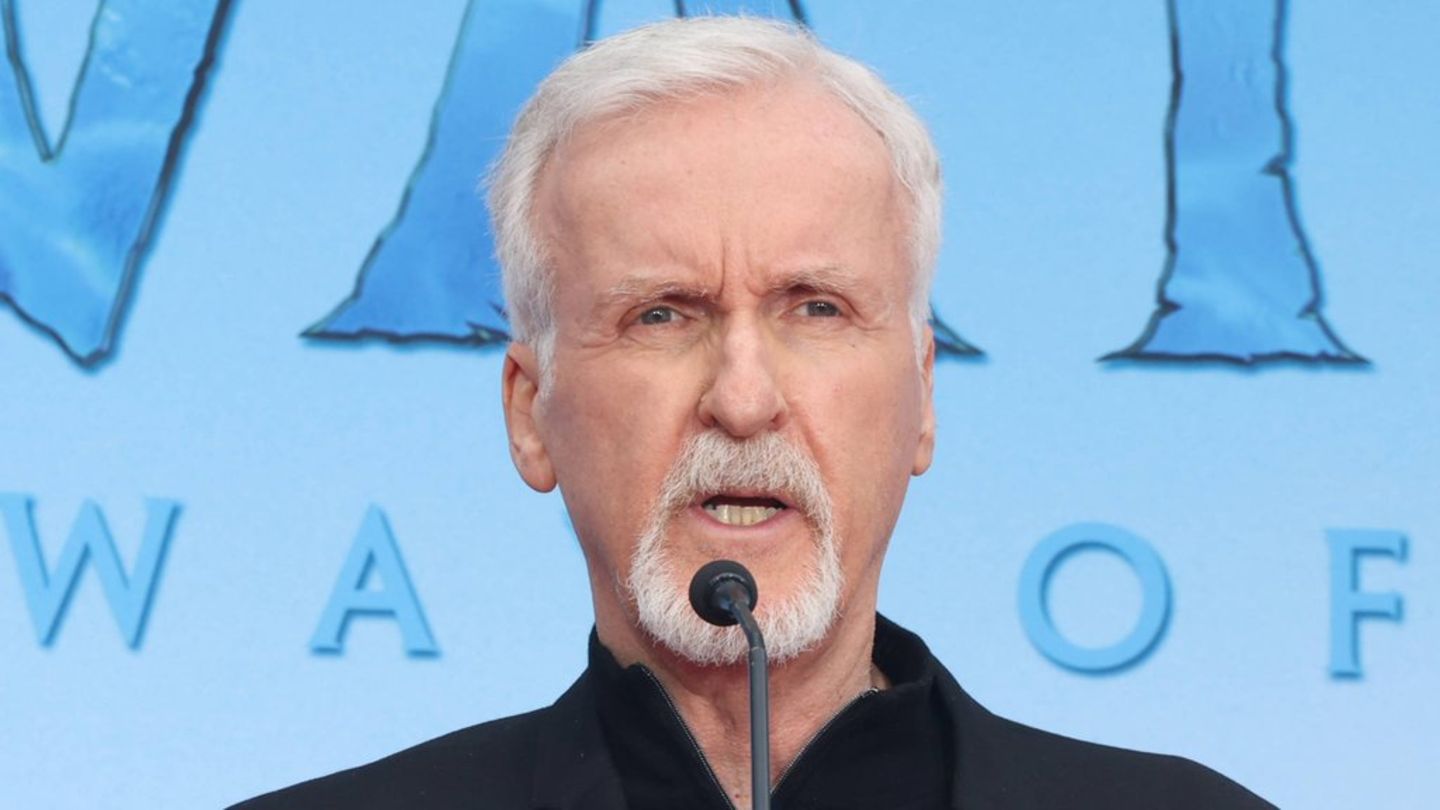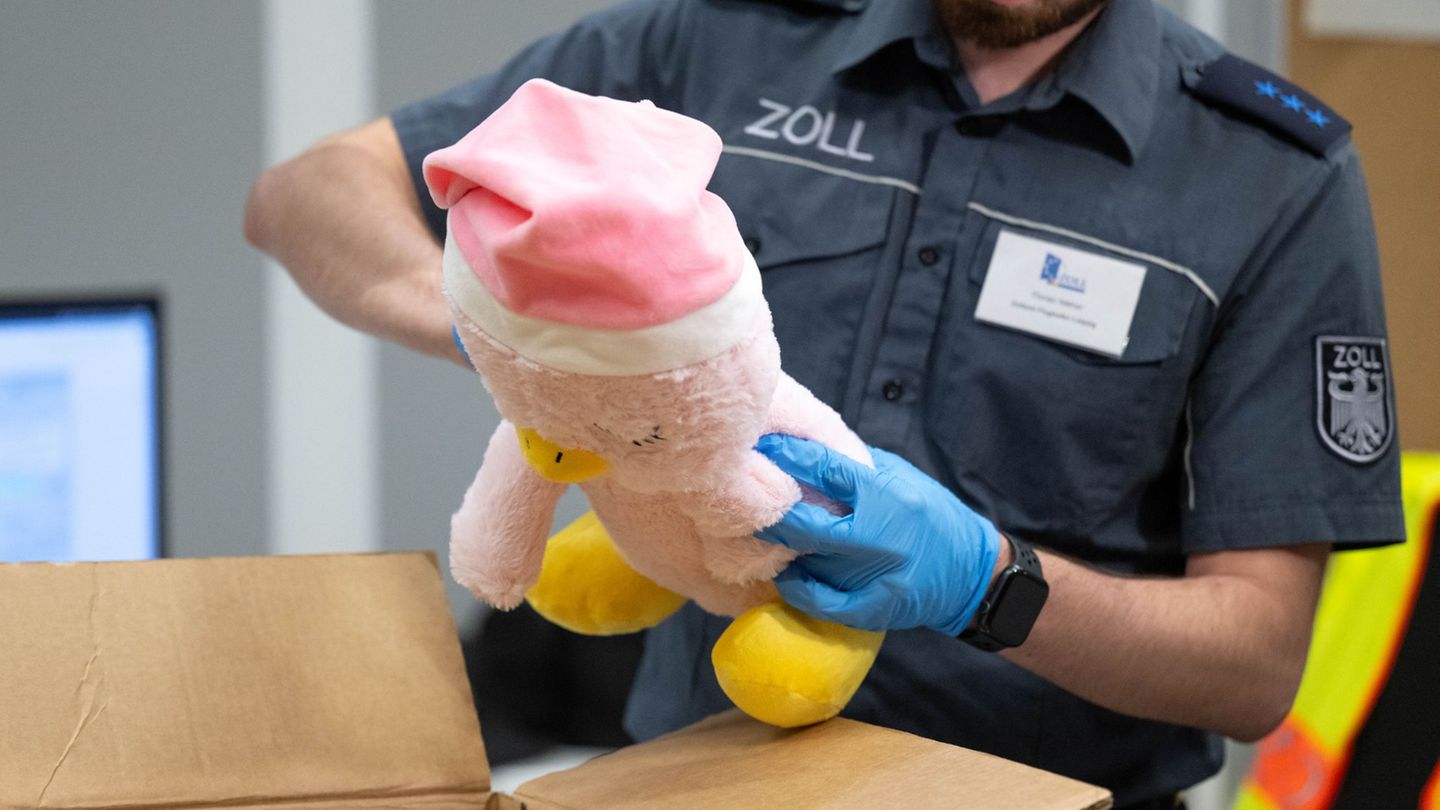Success director James Cameron
He warns of apocalypse in the “Terminator” style
Copy the current link
Add to the memorial list
James Cameron warns: “Terminator” apocalypse by AI, nuclear weapons and climate change becomes more real. His new project is calling for empathy.
Director James Cameron (70) urgently warns of an “apocalypse à la Terminator”. Our present is overshadowed by several existential threats – one of them initiated the end of humanity in his cult film “Terminator” (1984).
Nuclear war, climate, superintelligence
The Oscar-winning director is currently working on a film adaptation of Charles Pellegrino’s book “Ghosts of Hiroshima”, which highlights the human and historical consequences of the atomic bombing on Japan in 1945. Cameron links the review of Hiroshima and Nagasaki with today’s dangers and warns of three parallel threats: “climate change and nature destruction”, “nuclear weapons” and “superintelligence” – this means artificial intelligence (AI).
“They all manifest themselves and at the same time reach their climax. Perhaps the superintelligence is the answer. I don’t know. I don’t predict that, but it could be,” he added.
Reference to “Terminator”: Science fiction hits reality
Already in the first “Terminator” film it was the AI that wiped out humanity in connection with nuclear weapons. What was still pure fiction in 1984 considers Cameron to be a realistically conceivable scenario in the face of technical developments. He warns that the combination of AI and weapon systems could be obvious: “I believe that there is still a risk of an apocalypse à la Terminator, if you combine AI with weapons systems, even up to nuclear weapons systems, nuclear defense counterattacks and all these things,” said Cameron. Life can sooner or later begin to imitate art.
AI can lead wars and decisions at such speed that people are eliminated as a control body and escalations arise that can no longer be stopped. Cameron compares the arms race in AI development with the nuclear arms race of the last century and demands that every new technology always be considered potentially dangerous and potentially helpful.
Empathy and memory as a counterweight
Despite the dark prospects, Cameron sees hope in the fact that art, film and music can “create empathy and contribute to the spiritual development of humanity”. In “Ghosts of Hiroshima”, Cameron does not want to tell the personal stories of the survivors, such as Tsutomu Yamaguchi, as an indictment, but as a warning and human teaching.
“The memory of the suffering serves to keep the never disappearing danger of nuclear weapons and destructive technology.
Spotonnews
Source: Stern
I am an author and journalist who has worked in the entertainment industry for over a decade. I currently work as a news editor at a major news website, and my focus is on covering the latest trends in entertainment. I also write occasional pieces for other outlets, and have authored two books about the entertainment industry.




